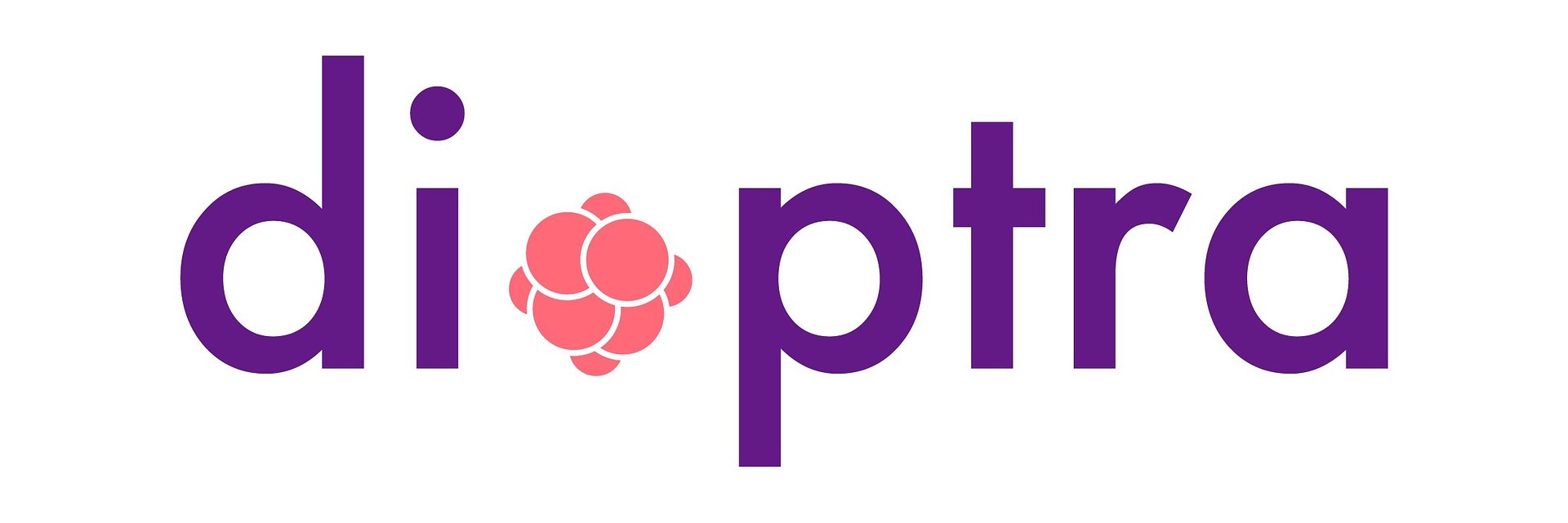Amsterdam, The Netherlands. The DIOPTRA project is conducting an innovative study aimed at the early detection of colorectal cancer (CRC). A key feature of this effort is the development of a Mobile App, which collects behavioural data from participants, and automatically generates personalised recommendations to encourage a healthier lifestyle. The Mobile App will be implemented in DIOPTRA’s prospective sub-study with one-year follow-up, which will involve at least 400 participants from eight clinical sites in seven countries. The Mobile App is available to study participants on both Google Play and the App Store.
CRC remains one of the most diagnosed cancers worldwide. Detecting it early is crucial, yet traditional screening methods such as colonoscopies can be invasive, uncomfortable and time-consuming, often discouraging people from undergoing them. As part of the DIOPTRA clinical study, participants provide three types of valuable data: electronic health records (including sociodemographic and medical information), biological samples, and behavioural data gathered through the Mobile App — a key tool in supporting personalised prevention and early detection.
The launch of the Mobile App is a key milestone for the Dioptra project but also in the research field of CRC early detection. We believe that the launch of the App is the first step towards collecting behavioural data from individuals in a very user-friendly way — data that researchers can include to enhance their studies in the field — while at the same time motivating individuals to proactively and gradually change those habits that are crucial to maintaining good health”.
Ioannis Vezakis on behalf of TECREANDO, key project partner behind the App development
Through the App, participants respond to tailored questions about lifestyle habits linked to CRC — including diet, physical activity, medical history, nutrition, and stress. The App identifies the habits users may consider changing to improve their health, offering personalised guidance and references to national organisations for further support. The App motivates participants to make positive lifestyle changes and encourages those facing greater challenges to consult their doctors for additional advice. Designed to reach people who may be hesitant to schedule early colonoscopy screenings, the App will be used by both healthy participants and those with non-advanced adenomas during the one-year clinical study.
The study will involve at least 400 participants from clinical sites in Belgium, Croatia, Cyprus, Denmark, Greece, Slovenia, and Spain, enabling researchers to explore the connections between lifestyle factors and CRC risk. The findings will help identify tailored behavioural interventions that support proactive health management.
Alongside the clinical study, DIOPTRA will conduct a qualitative study to capture participants’ perspectives on the Mobile App. Participants will be recruited from the general population, aiming for diversity in age ranging from 18 to 80 years. Through focus groups and individual interviews, the study will explore participants’ experiences, motivations, and barriers in using the Mobile App, as well as its clarity, relevance, ease of use, and trustworthiness. The insights gathered will directly inform improvements to the App, ensuring it meets users’ needs and preferences, enhances engagement, and supports effective CRC prevention strategies.
App Availability
About DIOPTRA
DIOPTRA, a Horizon Europe project, aims to revolutionise CRC screening via cutting-edge research towards a holistic, personalised and accessible method for early detection. The project plans to introduce an early screening and risk assessment solution for all citizens that considers risk factors and protein biomarkers to identify high- risk cases in need of colonoscopy. DIOPTRA is powered by a powerful consortium of 28 partners from 15 countries. Each DIOPTRA partner carries background knowledge and has documented expertise in all necessary fields.
Funded by the European Union. Views and opinions expressed are however those of the author(s) only and do not necessarily reflect those of the European Union. Neither the European Union nor the granting authority can be held responsible for them.This work has received funding from the Swiss State Secretariat for Education, Research and Innovation (SERI).Funded by UK Research and Innovation (UKRI) under the UK government’s Horizon Europe funding guarantee [grant number 10056682].
